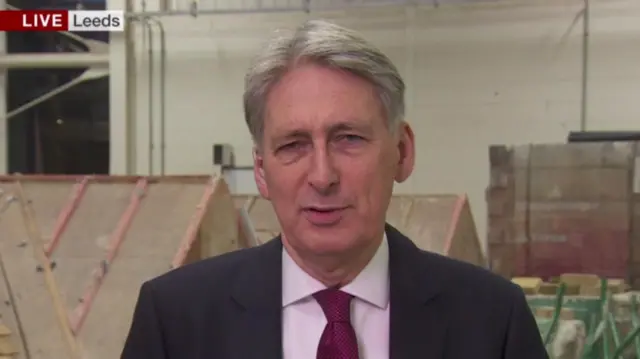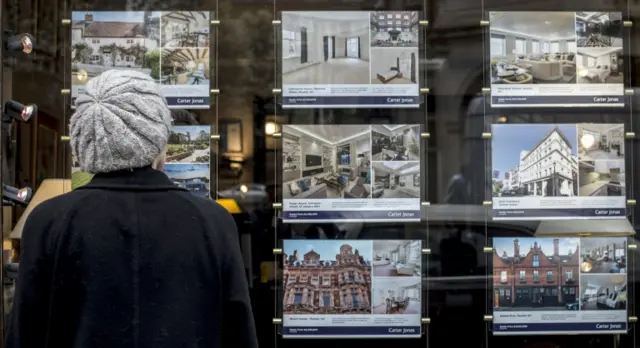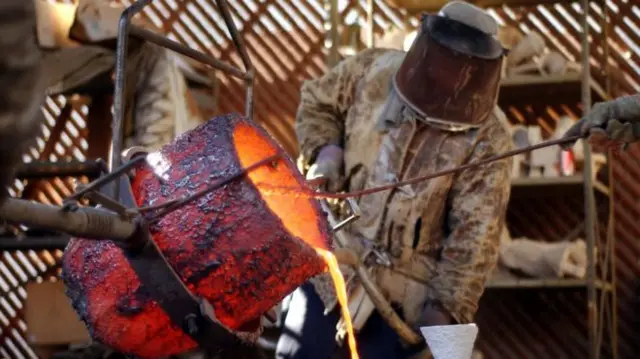Stamp duty move 'a help to getting on housing ladder'published at 07:41 GMT 23 November 2017
 BBC Breakfast
BBC Breakfast
Chancellor Philip Hammond abolished stamp duty for first-time buyers buying a home of up to £300,000 in the Budget.
He tells BBC Breakfast: "The average first-time buyer price is below £300,000."
The policy is "a very helpful additional incentive for people who are saving up to buy a property.
"When you buy your first home you need to accumulate quite a bit of cash to pay for the deposit, to pay for the stamp duty, to pay for the legal fees, and hopefully, by abolishing stamp duty, which will save the average first time buyer about £1,700.
"That will be a help and an incentive to focus on getting the deposit together, getting the money together to get on the housing ladder. And we hope that many more young people will be able to get on the housing ladder."







